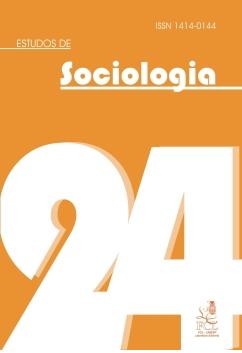Women, social connections of sex and citizenship
Keywords:
Citizenship, Sex social connections, Maternity, Homosexuality, Homoparentage, Procreation,Abstract
The article calls into question the reason why the democratic modernism didn’t include, immediately, women inside its base origin: all men are born free and equal before law. The text supports that the legal recognition of women’s rights to control their own fecundity, throughout the 1980’s, was the fact that made possible for women to be included inside the democratic societies. By the moment when law recognized this right, all formal inequality among men and women were suppressed. This recognition made possible the formation of a demand for parity without suppressing the universalism principle. With the demand for homoparentage, this universalism might be discussed all over again, as in Quebec. The article debates epistemological elements susceptible of breaking the magic circle around de universal tautological defi nition and supports that the presence of sex is neither specific nor particular when it comes to women, or when it comes to men.
Downloads
Downloads
How to Cite
Issue
Section
License

À revista Estudos de Sociologia ficam reservados os direitos autorais pertinentes a todos os artigos nela publicados.
Os artigos publicados e as referências citadas na revista Estudos de Sociologia são de inteira responsabilidade de seus autores.
A Estudos de Socilogia utiliza a licença https://creativecommons.org/licenses/by/4.0/ (CC BY), que permite o compartilhamento do artigo com o reconhecimento da autoria.



